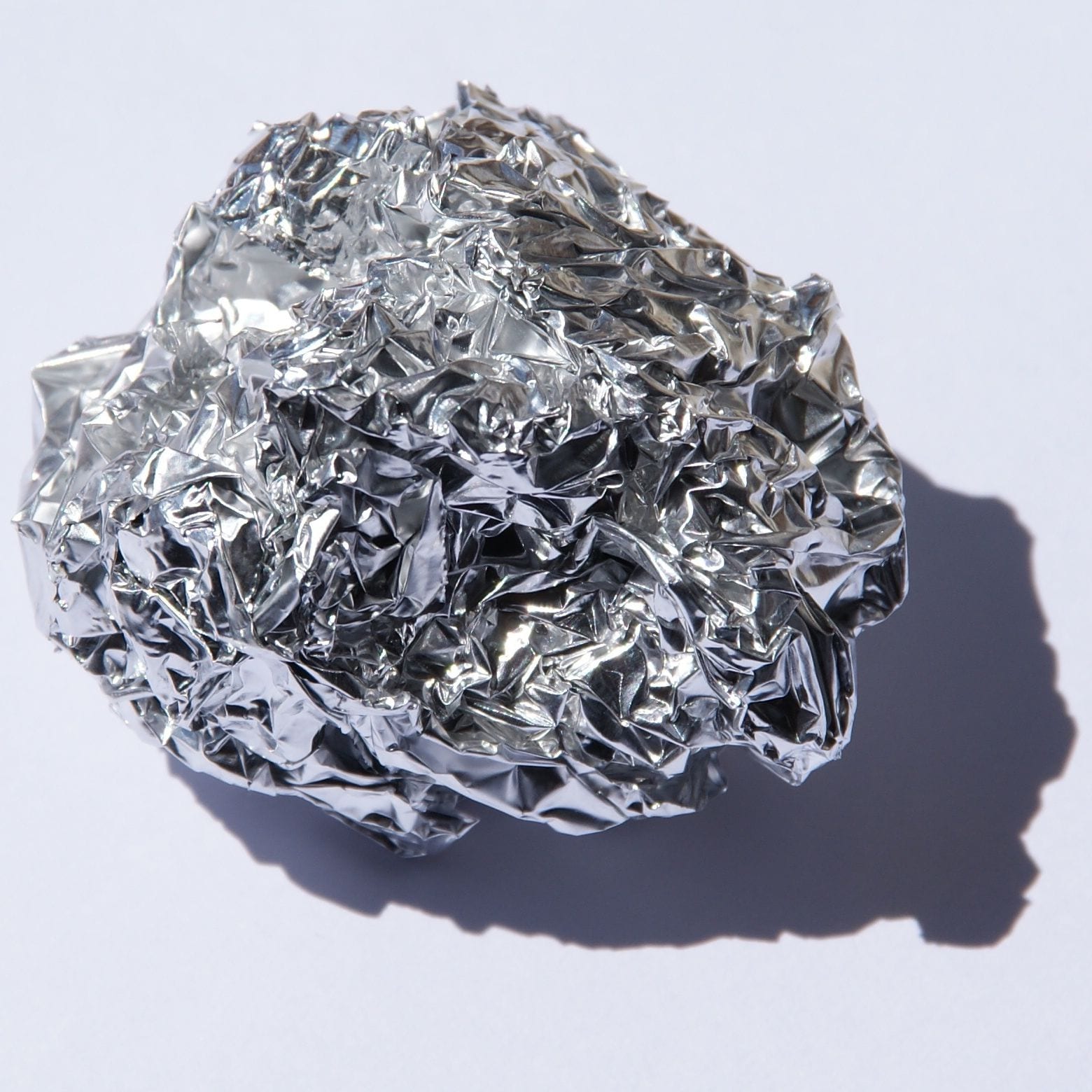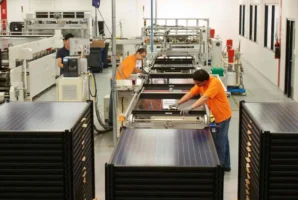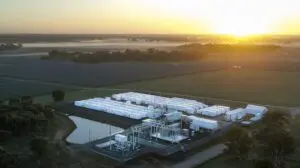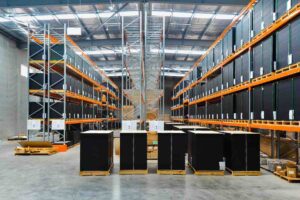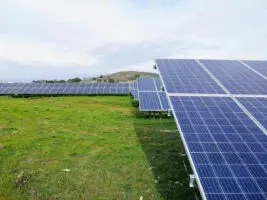US Aluminium producer Alcoa will spend almost $30 million trialling a new technology at its processing plant in Western Australia that uses on site renewables rather than fossil fuels to turn bauxite into alumina.
The production of alumina from bauxite requires steam, which Alcoa currently produces using boilers powered by fossil fuels on site.
The trial, which received $11.3 million in funding from the Australian Renewable Energy Agency, will electrify this process using a method called “mechanical vapour recompression”, which recompresses waste steam and recuses it in the refining process.
ARENA said this technology had the potential to “improve efficiency, reduce costs and reduce emissions”.
The trial will begin with a feasibility study at Alcoa’s alumina processing plant at Wagerup, Western Australia. If it proves feasible, a 3 megawatt MVP module will be installed at the plant, powered by renewable electricity.
Given 70 per cent of the emissions in alumina production come from this process, if this new technology could be scaled up with renewably-generated electricity, it would have major implications for the industry’s emissions.
Australia is the world’s biggest bauxite producers, and has 15 per cent of the world’ alumina production capacity.
ARENA chief executive Darren Miller said: “It’s great to see companies like Alcoa take the initiative to create a pathway to reduce their emissions in what is an energy-intensive hard to abate process.
“This technology represents an opportunity to electrify a refining process that is currently powered by fossil fuels using a renewable solution which addresses our investment priority of helping industry tor educe emissions, as well as the Government’s Technology Investment Roadmap. This is an important step on the pathway towards green aluminium in Australia.”
Eugenio Azevedo, Alcoa’s vice president for continuous improvement, said the application of MVR, if successful, would be “an important step forward in further reducing greenhouse gas emissions”.
“Using lower carbon alumina in the smelting process will reduce the overall carbon footprint of the metal, too, when considering the indirect and direct emissions across bauxite mining, alumina refining and aluminum smelting and casting,” he said.

